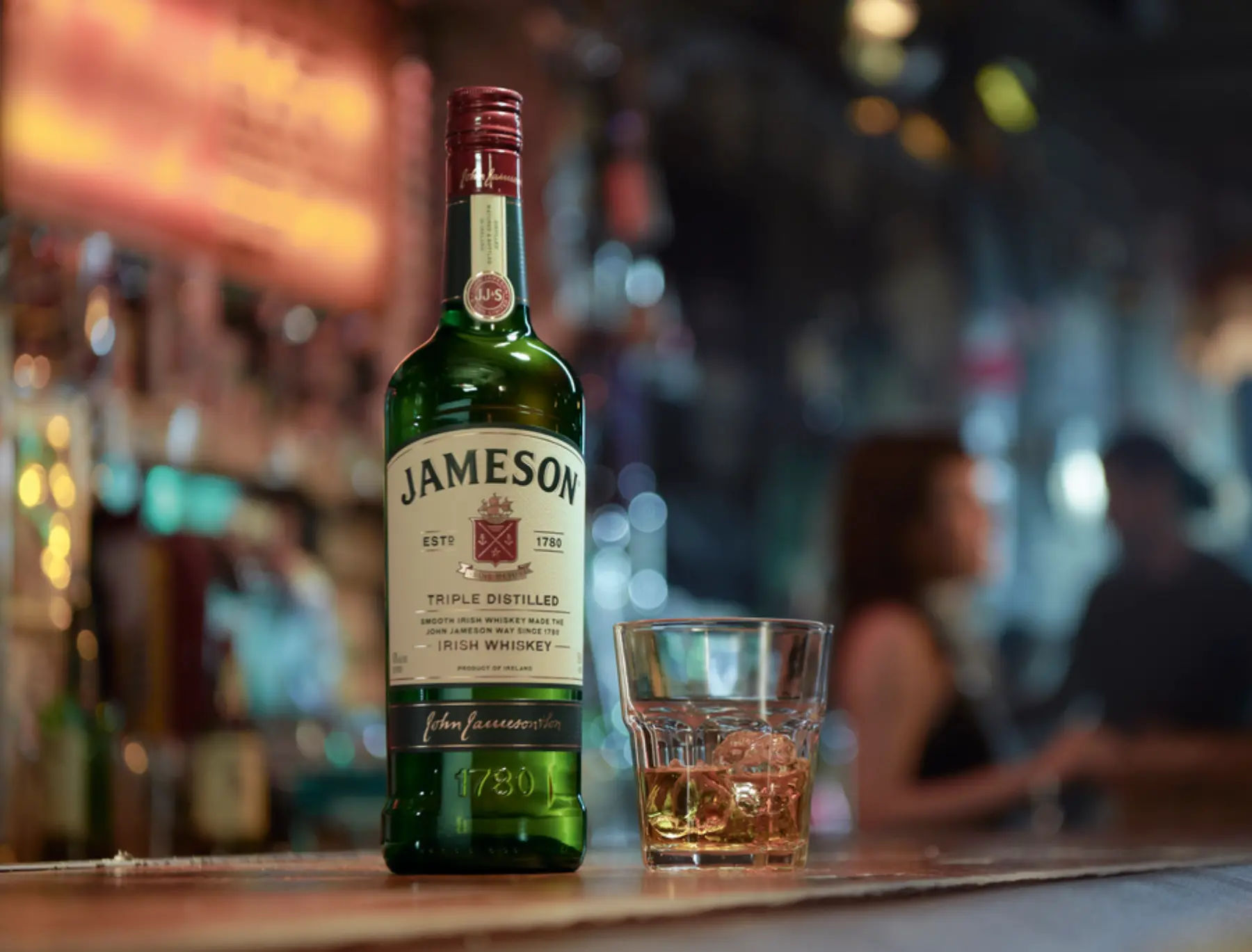
Whisky vs Whiskey – What’s the Difference?
We hear it all the time, “is that a misprint?”, but no: whiskey and whisky are actually both correct. Whiskey and whisky are two ways of spelling the same word, and whether you see that ‘e’ or not defines the whiskey’s origin.
For the purpose of this explanation, when we’re referring to the good stuff we’ll use the spelling ‘whiskey’ as (hint hint) that’s the one we use in Ireland. Get ready to learn more about this fun fact about whiskey to add to your collection to give you all the information you need to drink whiskey like a pro.
Whisky vs Whiskey Around the World
Every corner of the globe you go to, there could be a different variation of how they spell whiskey, but the story can be traced back to the biggest producers and exporters of whiskey from the early days, Ireland and Scotland. The spelling of ‘whiskey’ in Ireland is rooted in Irish history (you can read more about that if you scroll through our history here).
There are a few stories surrounding the difference in spelling between whiskey and whisky, one of them being something we know you don’t want to learn about, but trust us, it is interesting… tax. We know, bear with us. Between 1785 and 1825, the distiller paid duty on malt as well as on spirit, so naturally it was desirable to use less malt. Our founder, John Jameson, was keen to get one over on the taxman and began experimenting with mash bills of malted and unmalted barley. The public soon came to prefer this type of whiskey, so much that imported malt Scotch whisky was difficult to sell in Dublin, and any Dublin distiller making malt whiskey had trouble selling it.
Another side of the story goes that back when exporting whiskey was a very lucrative trade, the Irish whiskey merchants and distilleries wanted to make sure their whiskey was differentiated from Scotland’s production. The Irish (and many others, might we add) stated that Irish whiskey was of a higher quality, so to ensure people turned to their offering they made sure the ‘e’ was included in their spelling of ‘whiskey’.
Now it has to be said that as both countries native languages stem from Celtic languages, so the term whiskey emerging from the “uisce beatha” in gaelige, meaning “water of life” means that there can be some linguistic and cultural reasons behind the different spellings, but as the years went on and the Irish ensured that every whiskey carried the ‘e’, the Scottish wrote their spelling (whisky) into law.
Now you can find whiskey and whisky across the globe, but you can generally trace back the origins of their whiskey production to either Ireland or Scotland by looking at the spelling. It’s not just the spelling that are different, the processes used by each country vary too. Typically Irish whiskey is made from a mix of malted and unmalted barely, while the primary grain used in Scottish whisky can vary by region. Single Malt scotch is made exclusively from malted barley, while blended scotch whiskey can include other grains like corn and wheat. Plus, Irish whiskey is generally triple distilled (the way John Jameson invented and intended) while Scottish whisky is generally distilled twice, although there are exceptions.
On that note, there are four types of Irish whiskey that fall under this category: Blended Irish Whiskey, Single Malt Irish Whiskey, Single Grain Irish Whiskey and Single Pot Still Irish whiskey.. but that’s a conversation for a different day, or at least a different article.